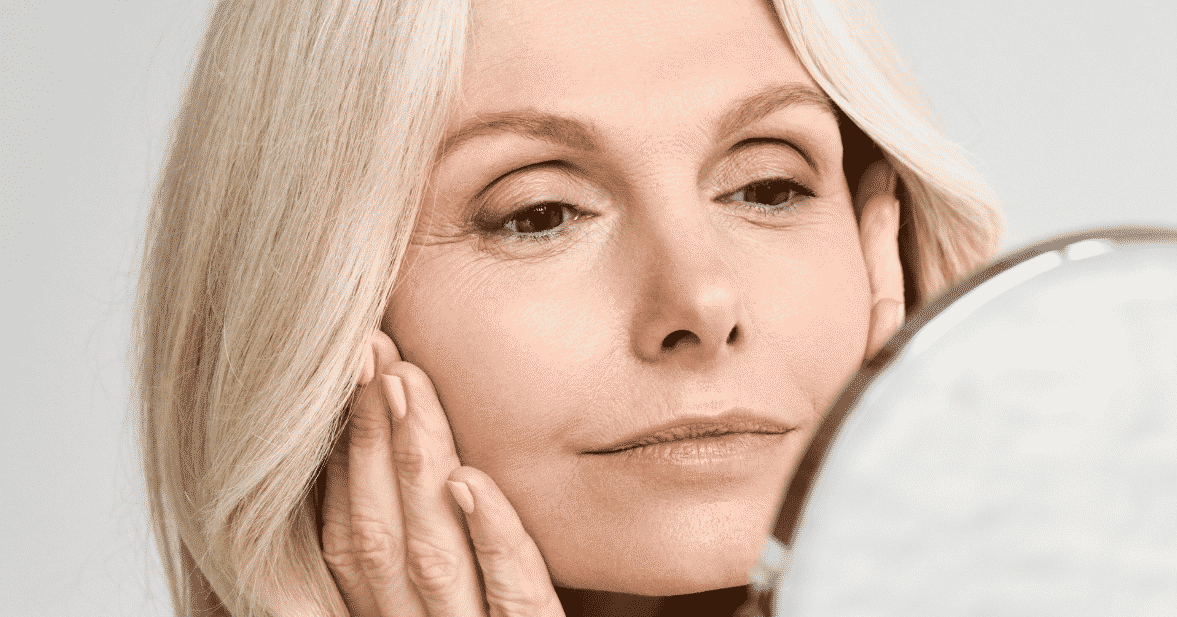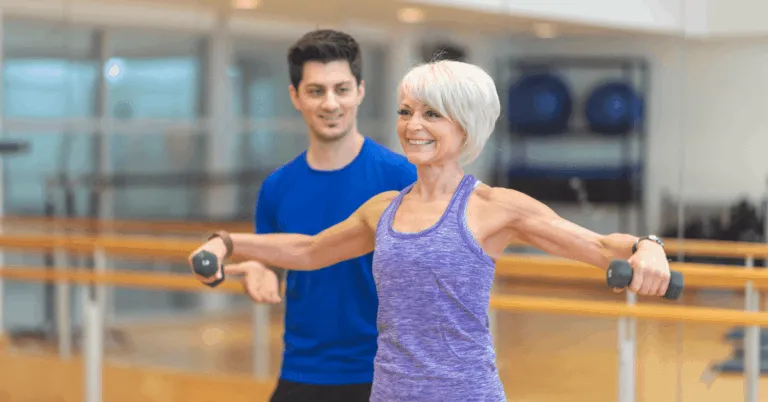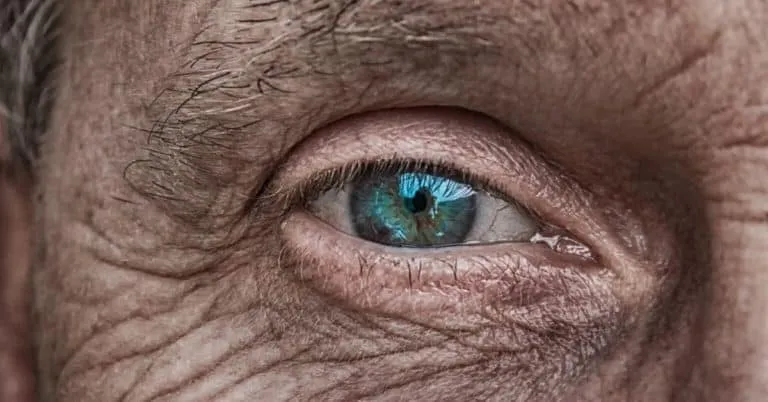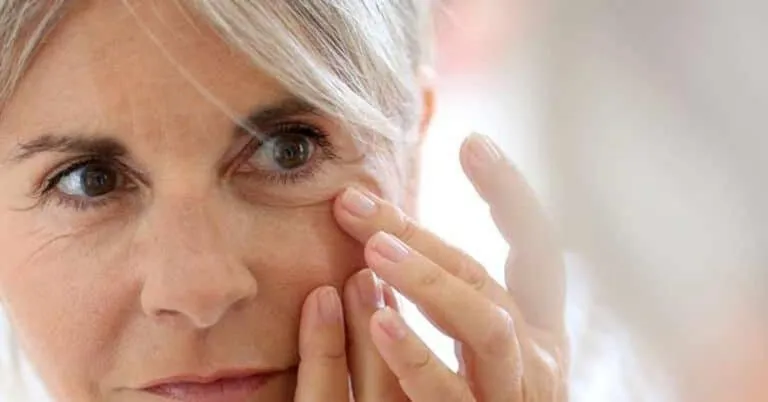What Is Collagen and Should You Be Taking It?
Hello, beautiful ladies! Aging is a natural part of life, and while it brings wisdom and experience, it also comes with changes in our skin. If you’ve been on the lookout for effective ways to maintain a youthful complexion, chances are you’ve come across the term “collagen.” In this blog post, we’re going to dive into the fascinating world of collagen and explore the three different types that play a crucial role in our skin’s health and appearance. So, grab your favorite cup of tea, relax, and let’s embark on this collagen journey together!
Collagen is a protein. In fact, collagen is the most abundant protein in the body, making up 30% of the body’s proteins. Its responsibility is to hold everything together, literally and is found in the bones, muscles, tendons, skin, hair, and nails. It provides structural support and elasticity and is vital for cell renewal, cartilage, and bones.
So, why do we care about it so much? In layman’s terms? It’ll keep you looking young on the outside and feeling young on the inside. We like the sound of that! Collagen is the key to smooth, young-looking skin and healthy joints.
How Many Types of Collagen Are There?
You may not have known this, but there are three types of collagen: Types 1, 2, and 3.
Many people ask us,
- Which types do you take together?
- Can you take all three at the same time?
- What does each type do?
Great questions!
Type 1 Collagen: Firmness and Elasticity
Type 1 collagen is the most abundant and widely recognized form of collagen in our bodies. It’s like the scaffolding that supports our skin, bones, tendons, and other connective tissues. When it comes to your skin, type 1 collagen is responsible for maintaining its firmness, elasticity, and overall youthful appearance.
As we age, the production of type 1 collagen naturally declines, leading to the formation of fine lines, wrinkles, and sagging skin. Environmental factors like sun exposure, smoking, and poor nutrition can further accelerate this process. But fret not! There are various ways to support your body’s production of type 1 collagen, such as a healthy diet, regular exercise, and skincare products containing collagen-boosting ingredients like retinol and vitamin C.
Type 2 Collagen: Joint Health and Flexibility
Type 2 collagen is the primary component of cartilage, the flexible tissue that cushions our joints. It provides structural support, ensuring smooth movement and preventing wear and tear on our joints. So, if you’re an active woman who loves to stay fit, type 2 collagen is your best friend!
Over time, the natural breakdown of type 2 collagen can result in joint stiffness, discomfort, and conditions like osteoarthritis. However, certain lifestyle choices, such as maintaining a healthy weight, engaging in low-impact exercises like swimming or yoga, and incorporating collagen supplements, can help support joint health and flexibility.
Type 3 Collagen: Skin Resilience and Vitality
Type 3 collagen, also known as “reticular collagen,” works hand in hand with type 1 collagen to keep our skin radiant and resilient. It provides structural support for organs, blood vessels, and tissues, giving our skin that youthful glow.
As we age, the production of type 3 collagen declines, leading to a loss of skin elasticity and vitality. Additionally, lifestyle factors like excessive sun exposure and poor nutrition can further exacerbate these effects. The good news is that a healthy lifestyle, including a balanced diet rich in antioxidants, staying hydrated, and protecting your skin from harmful UV rays, can help preserve and support the production of type 3 collagen.
What Causes Collagen Production To Slow Down?
Even though it is naturally occurring in the human body, it’s essential to supplement it as we age because collagen production slows down significantly as we get older.
Actually, after age 30, collagen production begins to decline significantly. By age 45, collagen production decreases 25%, and by age 60 it decreases by more than 50%. As our body’s collagen production slows down, we begin to notice saggy, aging skin, fine lines, wrinkles, and weakened joint cartilage.
Aging is the #1 cause of diminished collagen production. Even though you can’t stop the aging process altogether, there ARE things that damage your level of collagen production that you’re totally able to control! Avoiding the following things will keep your collagen production levels higher:
- Smoking
- Eating too much sugar
- Overexposure to sunlight (say NO to the tanning bed!).
- Stress
- Poor Diet
- Poor gut health
Can I Boost My Collagen Production?
Yes, there IS a bright side! You can stimulate your body’s natural collagen production to help keep these aging side effects at bay. There are nutritional, procedural, and supplemental methods to promote collagen production.
Nutritional Ways to Boost Collagen Production
As we always say at Get Healthy U: Nutrition before supplements! There are certain nutrients (that you may not know much about yet) found in common, delicious foods that promote collagen production.
- Proline (an amino acid found in meat, cheese, soy, cabbage, and eggs)
- Copper (found in fish, red meat, and nuts)
- Vitamin A (found in meat and beta-carotenes like sweet potatoes)
- Vitamin C (found in oranges, leafy greens, red and green veggies)
- Anthocyanidins (found in berries, and cherries)
Procedural Ways To Boost Collagen Production
There are also external things you can do to control your collagen production! There are both procedures and products (typically prescribed by a dermatologist) that can help, too.
- Laser Therapy- Laser treatments are a great, non-surgical way to stimulate collagen production and use laser and light energy to reduce the appearance of fine lines and skin elasticity.
- Retinoic Acid (Vitamin A)- This member of the retinoid family helps kick cells into gear and promotes cell production in the skin, and stimulates both collagen and elastin production.
- Skin Fillers- Collagen injections are a common cosmetic procedure that helps remove fine lines and wrinkles from the face and can help with scarring from acne.
Supplemental:
These supplements have been around forever. Now you don’t just see them in the aisles of specialty vitamin stores but in your local drugstores! But do they work?
There was a large study in early 2014 conducted by the University of Kiel’s Department of Dermatology that showed 65% of women had significantly elevated levels of collagen and reduction in wrinkles after 8 weeks of taking a collagen supplement.
Collagen FAQs
Unfortunately, probably not. Leading dermatologists say that it’s nearly impossible for the skin to absorb collagen topically and that any results seen from these products are likely because of their moisturizing qualities, not their ability to rebuild the collagen proteins in your skin. You’re better off consciously increasing your water intake and purchasing a great, all-natural moisturizer, and beginning a religious moisturizing routine!
Yes. Your body never stops producing collagen, but it decreases dramatically as we age. The production probably can’t be impacted by topical application of creams and lotions (though those may help to fill and fix fine lines and wrinkles), but rather can only be impacted by active ingredients (in foods and supplements).
We’re the first to say that pills and potions aren’t the best way to fix any problem. But this time, we think they’re worth your time. Studies have shown (and our own personal experiences!) that collagen supplements and a diet rich in nutrients that support collagen production DO benefit the health of your skin, nails, hair, joints, and bones!
Summary: Expert Suggestions On Collagen
Ladies, collagen is like a precious gem that keeps our skin looking youthful and vibrant. Understanding the different types of collagen and their roles in our bodies allows us to make informed choices to support our skin’s health and combat the signs of aging.
While the natural decline of collagen production is inevitable, we can slow down the process and maintain our skin’s radiance by adopting a holistic approach to skincare. From nourishing our bodies with collagen-boosting foods and supplements to protecting our skin from environmental stressors, every step we take matters.
Remember, beauty is more than skin deep. It’s about embracing ourselves, cherishing our unique journeys, and radiating confidence at every stage of life. So, let’s embark on this collagen journey together and age gracefully, one beautiful smile at a time!








